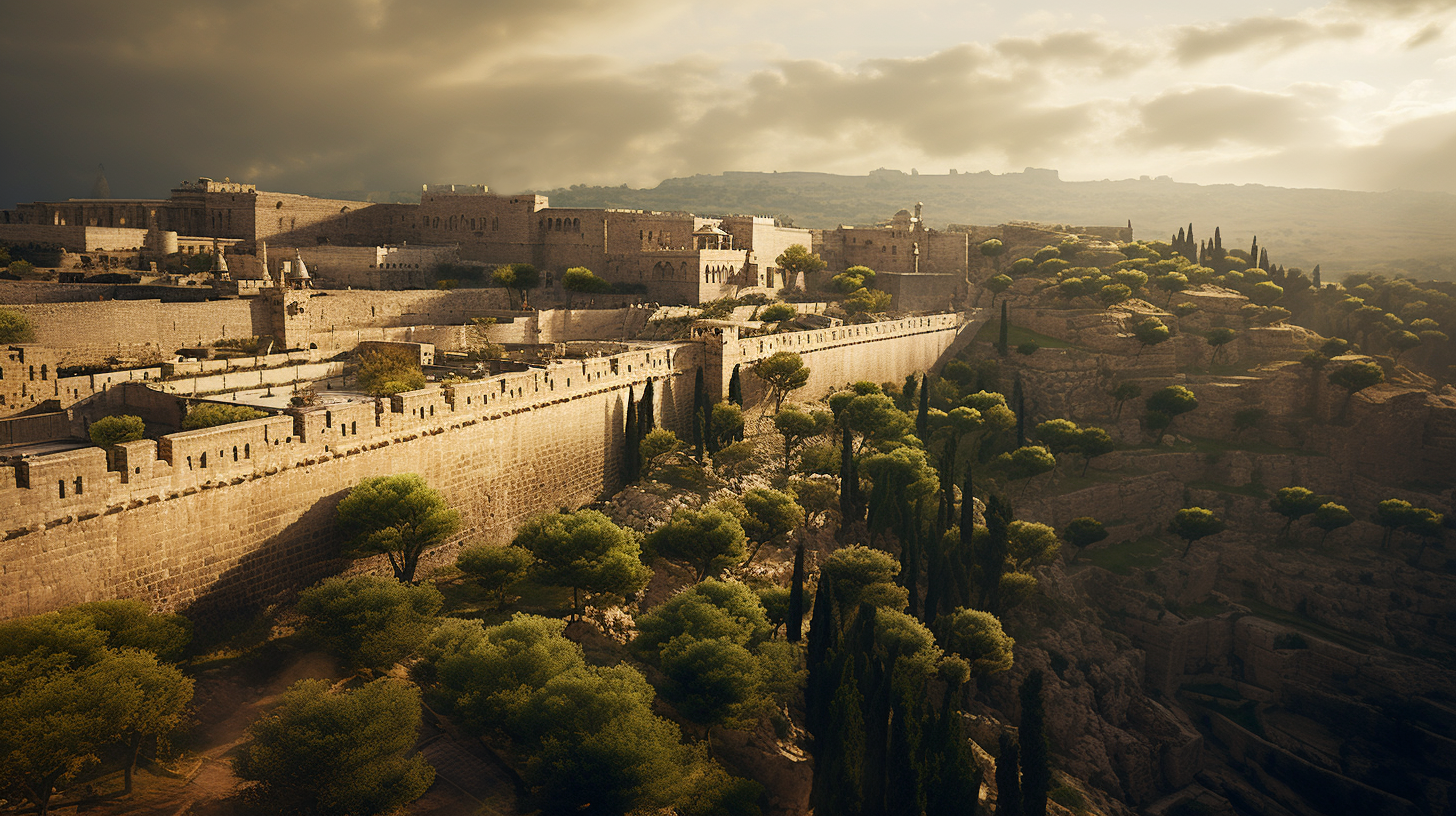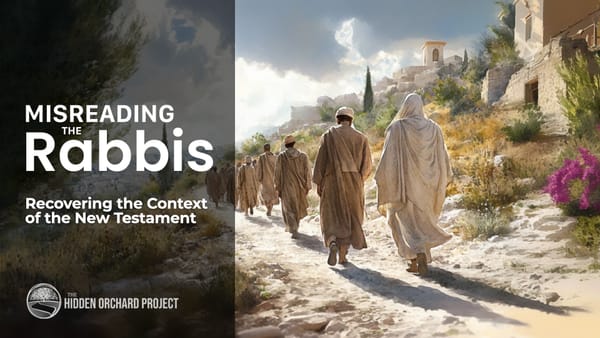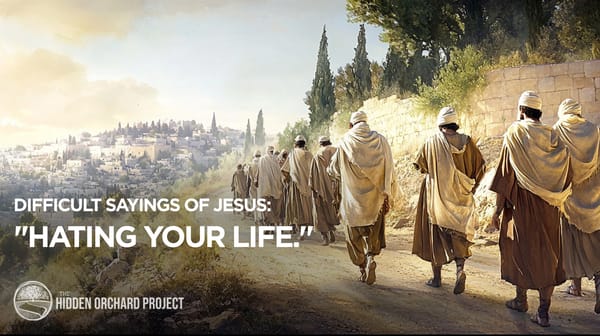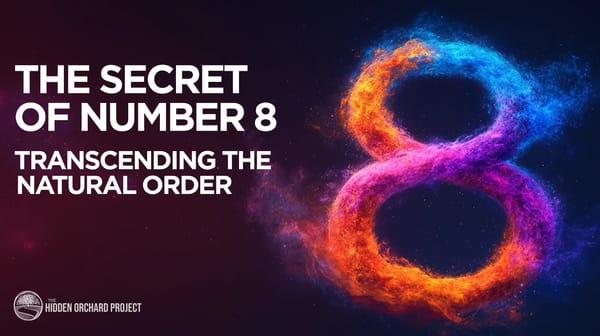Soul Refinement - Do Not Destroy
A little-known prohibition in the Torah remains a timeless and valuable ethic for developing our spiritual awareness. This is known as Bal Tashchit, the prohibition against destroying things that serve a purpose.

A little-known prohibition in the Torah remains a timeless and valuable ethic for developing our spiritual awareness. This is known as Bal Tashchit, the prohibition against destroying things that serve a purpose.
Though the prohibition in Deuteronomy¹ relates primarily to trees, various discussions in Rabbinic literature indicate that this ethic extends far beyond. Maimonides writes²;
This prohibition does not apply to trees alone. Rather, anyone who breaks utensils, tears garments, destroys buildings, stops up a spring, or ruins food with a destructive intent transgresses the command 'Do not destroy.'
As with Biblical principles, we're called to look deeper than our physical senses and beyond our default perceptions. We're encouraged not to destroy things that might serve a purpose to someone, somewhere - even if this purpose is not apparent to us.
This lesson is captured in the classic Midrash of the Spider and the Wasp³. In this story, David questions the existence of these creations, only to be saved by both of them later in his life.
The scaled version of this logic is that everything the Creator has made serves a purpose, from the tiniest insects to personal challenges and world events. It does not serve us well to view anything as random or devoid of a greater function in the Creator's economy.
This perspective is the essence of Emunah (Faith)⁴.
Barriers to Perspective
Coupled with our natural, (and strategic) inability to perceive the intricacy of the Creator's design, this higher perspective is lost in the shuffle of daily life.
For all of its conveniences, modernity has contributed to a disconnect from the natural world as well. Kids spend increasingly more time in front of a screen and many people may go weeks (or more) without getting outside in nature.
Many people are swift to kill bugs and creatures that annoy them with little thought around their integral purpose in diverse local ecosystems. Perhaps worse, to remove these nuisances, we may take measures that may prove injurious to ourselves in the process: Spraying chemicals for greener lawns, pesticides to ward off bugs, disconnected from the thought of the tolls this takes on our water systems and food supply.
Though it is not all doom and gloom, there is something we can do - today.
Strive to be more present and mindful in all we experience. Seek quiet moments to be present, and simply observe what is going on around us.
When the next fly buzzes around your head, ask, "For what purpose did the Creator put this here?" We can ask this same question when faced with difficult life or relationship challenges. Do this often enough for it to become second nature - allowing us to tap into a higher view.
This ethic can be taught to children as well. Instead of stomping on a spider, recognize that this creation serves some function - even if we do not understand it. A favorite Hasidic story of mine teaches this principle.
Going for a walk with his son, Joseph, Reb Shalom pointed to nature surrounding them.
"Behold divinity!" he said. Pointing to field of corn, he said, "Each stalk of corn, and every movement it makes, is a manifestation of the mind of G_D. Creation is the thought of G_D expressed as the physicality of the world."
Joseph listened to his father's words and soon found himself lost in the wondrous realization that this world, his body, and all bodies were expressions of G_D. As he walked, he brushed against a tree and plucked a leaf from its stem. Absentmindedly tearing the leaf into strips as he walked and contemplated.
"Joseph Isaac!" shouted his father, breaking his son's concentration. "We are speaking of G_D manifest in creation, and here you rip a leaf from its place and destroy it for no reason at all. Do you imagine that this leaf has no purpose in this world but to sacrifice itself to your thoughtlessness? Is it of lesser value than you? You are different, yes, but superior? No. Everything has its divinely directed purpose, and you have made it impossible for this leaf to achieve its reason for being."
When we apply this simple principle, pausing before destroying, we enter into a state of higher consciousness. In time, we will begin to recognize the beauty of creation, and the craftsmanship of the Creator in all things.
These moments can become an encounter with the creation and a chance to interact with the Creator Himself.
Notes:
¹ "When in your war against a city you have to besiege it a long time in order to capture it, you must not destroy its trees, wielding the ax against them. You may eat of them, but you must not cut them down. Are trees of the field human to withdraw before you into the besieged city? Only trees that you know do not yield food may be destroyed; you may cut them down for constructing siegeworks against the city that is waging war on you, until it has been reduced." - Deuteronomy 20:19-20
² Mishnah Torah Kings and Wars 6:10





